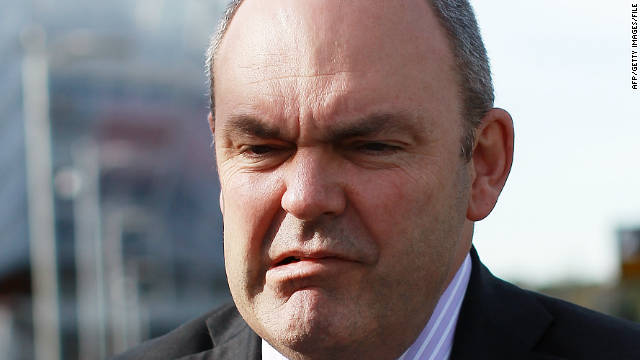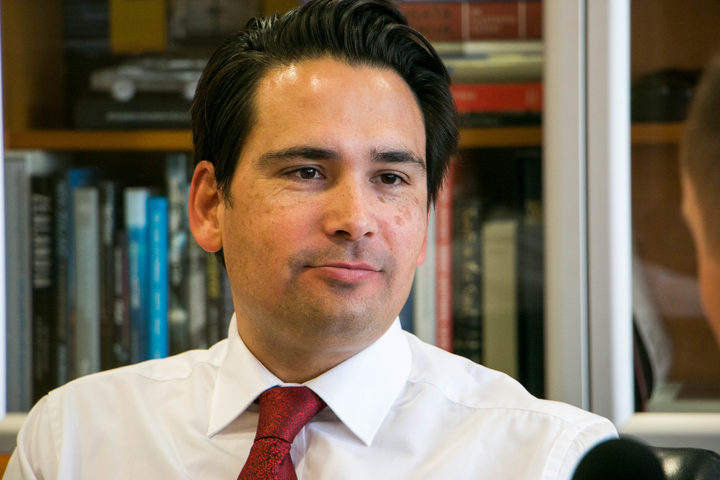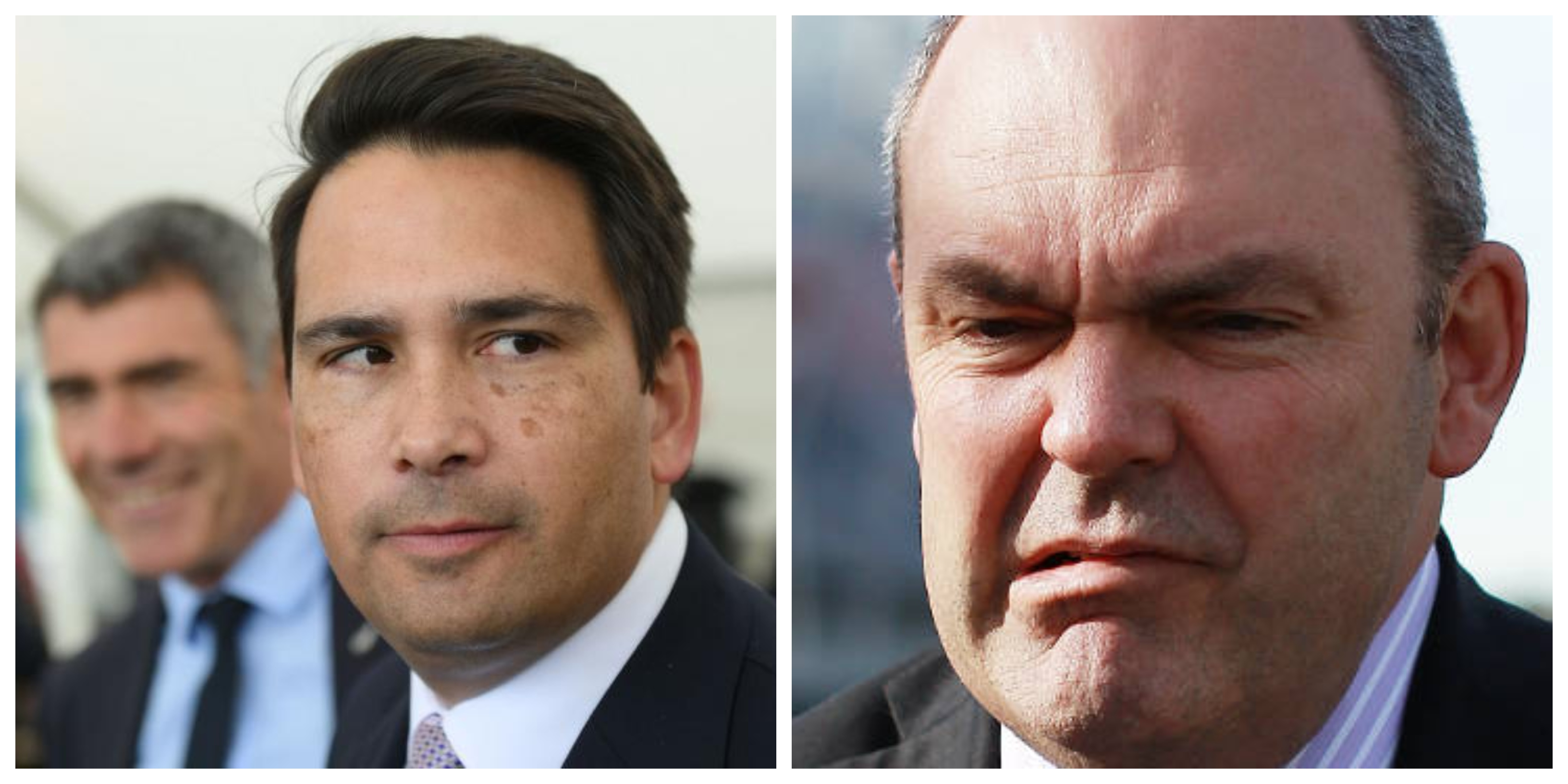When the National Party found themselves unable to stop the rise of ‘Jacindamania’ in the 2017 general elections, they turned to one of their most senior MPs and top spin-doctor – Steven Joyce – to halt the advance the Labour Party and their newly-proclaimed leader, Jacinda Ardern, in the polls.
A media mogul, Joyce utilized a smear campaign against Labour to help salvage the National Party’s chances of winning a fourth consecutive term. He alleged that their rival party’s proposed economic plan had an “$11.7 billion fiscal hole”, and that phrase would end up becoming the most widely repeated attacks of the 2017 election cycle.

A recent proposal by the Coalition Government aims to achieve that, by creating the Parliamentary Budget Office (PBO). The agency will have the status of an Officer of Parliament – giving it the same independent status as the Ombudsmen or Auditor-General – and will be tasked to monitor the government’s fiscal strategy and to provide independent costings of the different political parties’ policies during election campaigns.
In other words, the PBO will provide the costs of every party’s election promise and evaluate whether those promises and how the party intends to pay for them, are realistic. This would prevent another “$11 billion” scare campaign from happening, and add transparency to our elections.
It is a proposal that should be welcomed by anyone who desires a constructive and transparent democracy, even the New Zealand Taxpayers’ Union – a right-wing think-tank vehemently opposed to the Coalition Government most of the time – have come out in support of the idea.
While nearly all the parties in Parliament support the idea, the National Party – the former home of Steven Joyce and the “$11.7 billion fiscal hole” smear campaign – are blocking the creation of the PBO. Amy Adams, the party’s former finance spokesperson, was in favour of the proposal but now their Party Leader Simon Bridges has criticized it saying the Coalition Government is merely trying to “undemocratically screw the scrum” on the Opposition.
Bridges believes that the independent body will connive with the Government to attack the Opposition, a theory widely derided by political observers. Finance Minister Grant Robertson said the National leader’s response to creating the independent watchdog was “absolutely ridiculous”, and political commentator Thomas Coughlan said that the reaction showed “post-truth politics” had arrived in Wellington.
And post-truth politics it exactly is. To assume that the proposed PBO would be impartial and attack National, despite it having Parliamentary Officer status, is akin to fearing the Office of the Ombudsman would do the same.

When you draw a reaction from both sides of the political divide, it’s clear that you’re not being anyone’s friend.
Of course, examples from other countries does not ascertain that our own version of the PBO would be the same. But Bridges only has to look at who is supporting the creation of this independent body to gain assurance: the NZ Taxpayers’ Union supports it, another right-leaning advocacy group – the NZ Initiative – is also supportive of it, while the farmers’ group Federated Farmers entered a submission in favour of the proposal last year.
Those three entities have been critical of the present Coalition Government, and are widely seen to be supporters of the National Party. Surely their support towards creating a PBO is enough of an assurance for Simon Bridges and his Party?
Regardless, having an independent agency to release the costings of every party’s policy proposals during elections would put an end to unrealistic campaign promises. It will also cease scaremongering tactics like what we saw during the 2017 elections.
Above all, it will strengthen our democracy by giving voters an unbiased evaluation of what each party offers and hold governments accountable to the public about the direction they are taking the economy. If National are going to oppose the PBO as what Simon Bridges declared, are they admitting they are against transparency, and clean elections?

